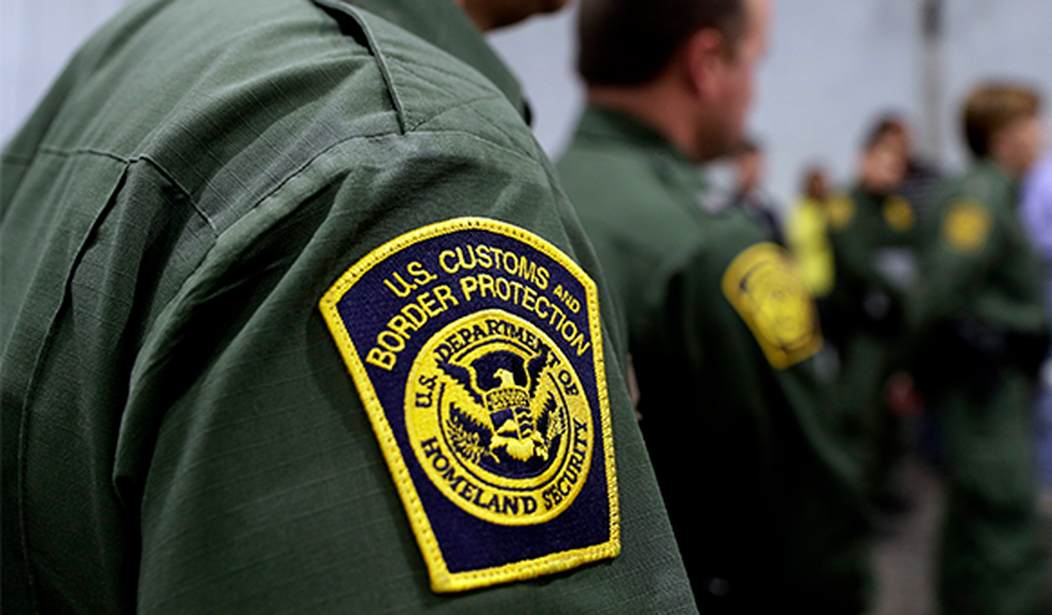Customs and Border Protection agents in Baltimore uncovered ancient coins originating from Cyprus after intercepting a package that was headed from London to a coin collected in Missouri. On Friday, members from the Baltimore field office returned the coins to the Embassy of Cyprus. The coins dated as far back as 81 BC.
“On behalf of U.S. Customs and Border Protection, I am honored to return these priceless national treasures to the government and citizens of Cyprus,” Casey Durst, CBP’s Director of Field Operations in Baltimore said in a statement. “Customs and Border Protection will continue to use our border authority to identify and rescue precious antiquities being smuggled by those who profit on the theft of another country’s historical and cultural property, and return them to their rightful owners.”
The coins included:
- Two bronze coins from an unspecified Roman period
- One coin from the Ptolemaeus period, 81 BC -58 BC
- One coin from the Augustus period, 27 BC – 14 AD
- Two coins from the Tiberius period, 14-37 AD
- One coin from the Severan period, 193 AD – 217 AD
According to CBP, the coin collector was asked to provide documentation from the Cyprus government authorizing the lawful importation of the coins, which are deemed cultural artifacts.
Most countries have laws that protect their cultural property, such as art, artifacts, antiquities, or other archeological and ethnological material. These laws include export controls and national ownership of cultural property. Therefore, although they do not necessarily confer ownership, consignees or importers must have documents such as export permits and receipts when importing such items into the United States.
The collector didn't have any documentation so CBP confiscated the coins. The collector filed a lawsuit to regain possession but ultimately lost.
Recommended
This is pretty neat. @CBP officials in Baltimore uncovered ancient coins from Cyprus when going through a cargo shipment. The coins were ultimately returned to the Cyprus government. pic.twitter.com/kpt0m5bJic
— Beth Baumann (@eb454) February 17, 2020

























